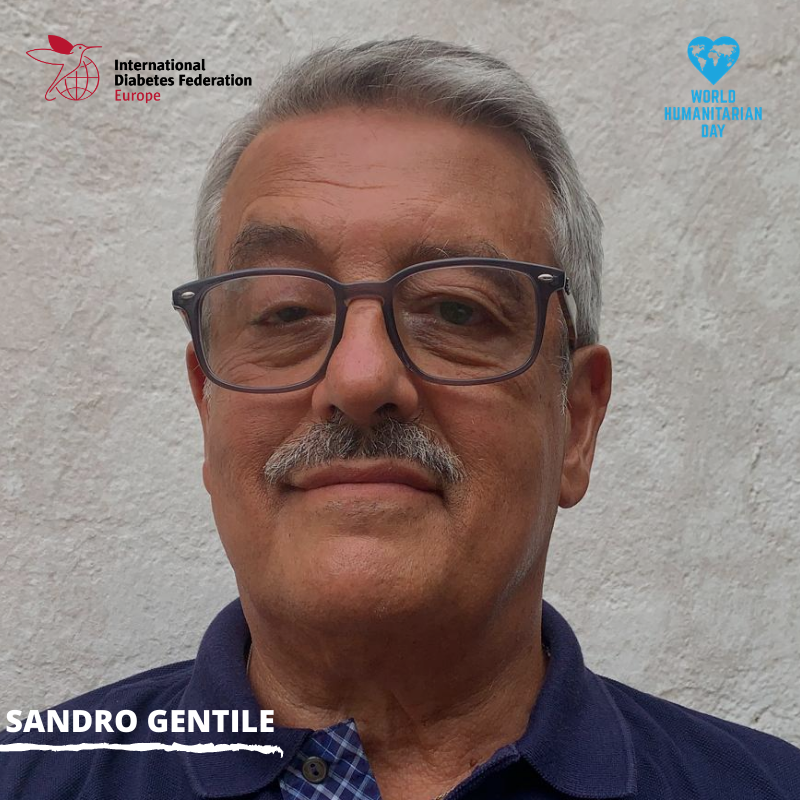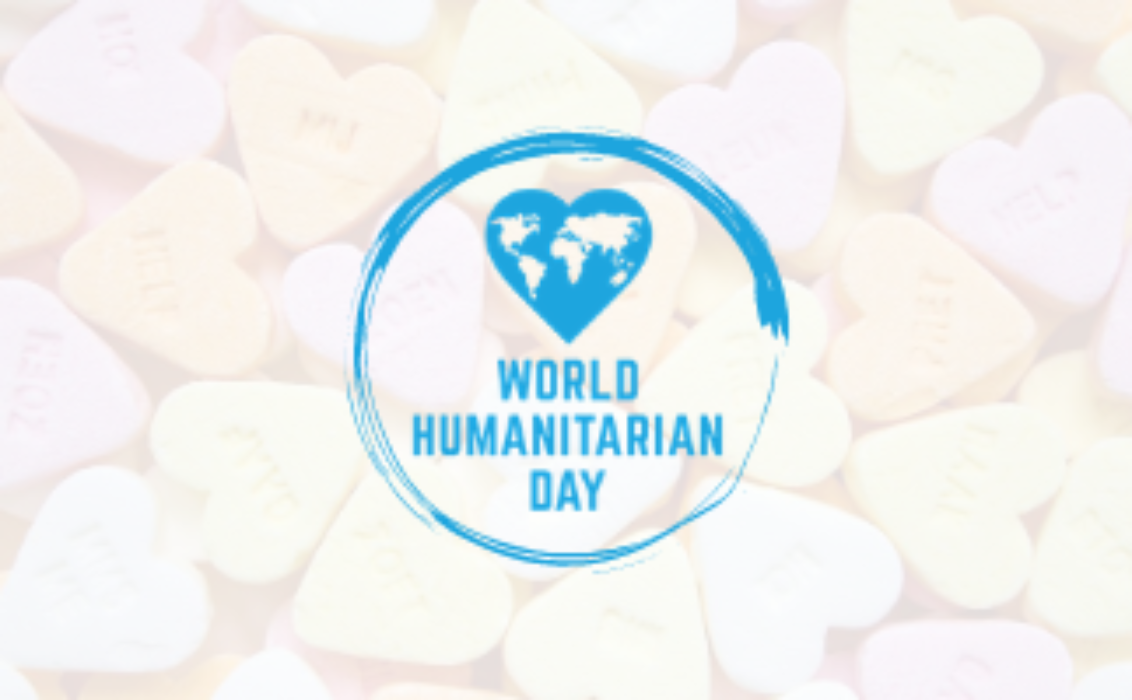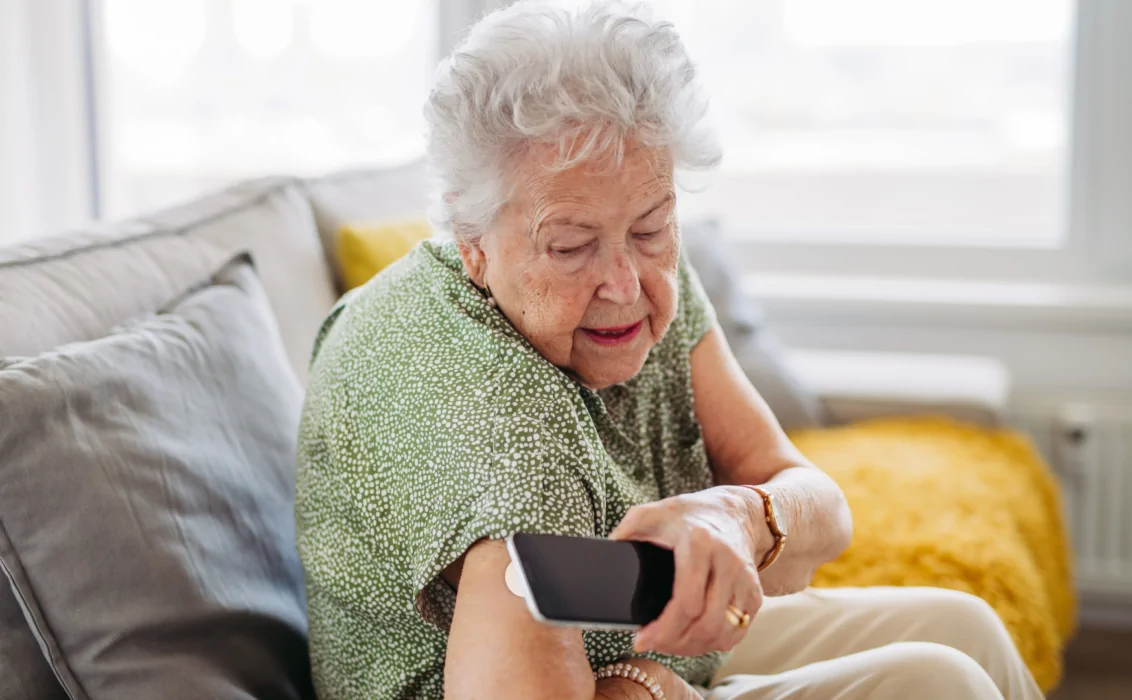On the occasion of #WorldHumanitarianDay, read Professor Sandro Gentile’s perspective on providing care to people living with diabetes during COVID-19.
 |
This year, on World Humanitarian Day, IDF Europe thanks healthcare professionals who were on the frontline during the COVID-19 pandemic, managing the treatment of, and providing support for, people living with diabetes.
Italy has been one of the most affected countries in Europe and the pandemic put a massive strain on its healthcare system. Sandro Gentile, Professor of internal medicine, specialised in endocrinology, diabetology and gastroenterology has been taking care of people living with diabetes for the past 45 years.
To be able to ensure access to treatment for his patients during the COVID-19 pandemic, he had to modify his usual medical approach at Nefrocenter Research, a network of centres located in Campania that provides care and support for people living with diabetes and those with serious kidney diseases.
From the onset of the pandemic, he decided to introduce a series of measures to protect his patients. “I felt the need to establish a triage by telephone for people living with diabetes, to evaluate their health condition and to assess the eventual risk of contamination from COVID-19”, said Professor Gentile. In his centres, the visits were scheduled only by appointment, and the healthcare professionals gave their private phone numbers to be reachable at all times. “Telemedicine worked really well for us, especially with pregnant women with diabetes, adolescents living with type 1 diabetes, and with older people with serious diabetes complications”, added Professor Gentile.
The new measures also affected him personally. Like the other members of his team, he had to wear personal protective equipment, which became really uncomfortable after six or seven hours, and had to be extremely careful with cleaning and disinfection procedures before going home. It was physically and emotionally difficult for him to carry out these procedures, but the idea of possibly contaminating his family made him much more careful.
Answering the question about the most difficult situation he had to face, Professor Gentile asserted that it was to keep his patients’ fears under control. “They were terrified of getting COVID-19, and most of the time they were sure they had COVID-19 symptoms, but it was something else”. Professor Gentile added that, at the same time, there were some beautiful moments that he will carry with him forever. For example, a pregnant woman with diabetes gave his name to her son born during the pandemic, and he received a lot of incredible messages that made him feel like he was doing something really helpful. Professor Gentile said that the crisis taught him the power of solidarity. “I understood that we are all brothers, and that gratitude is real; it is not a myth”.
The motivation that drove him every morning was the belief that he was doing something important, something he truly believed in. He doesn’t consider himself a hero. “I don’t want any medals”, said Professor Gentile. “This is the wrong way of presenting the medical profession, because it makes people think that we became doctors for the wrong reasons. I am a doctor because I want to provide a useful service to society. We should stress the fact that the health system works thanks to people that simply do their job. There are no heroes, just people who do their duty”.
To know more about the contribution of Professor Sandro Gentile to the diabetes community during the COVID-19 pandemic, click here.



